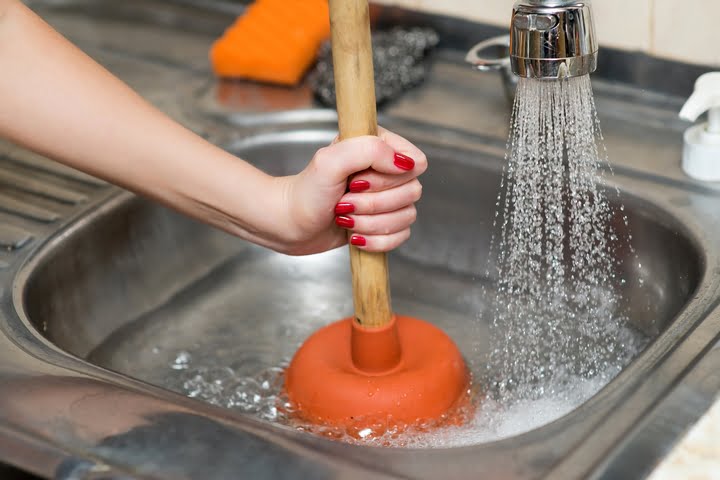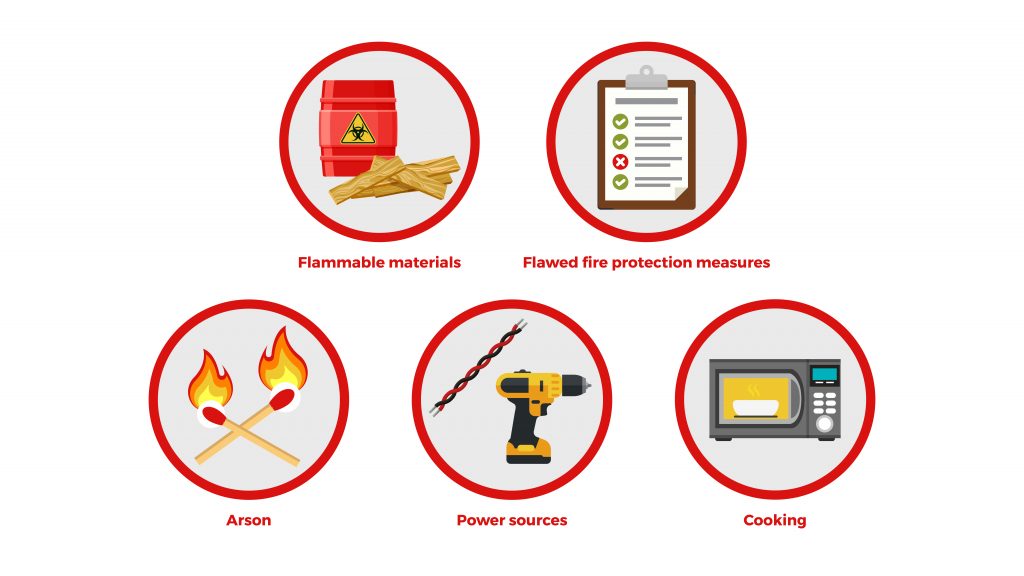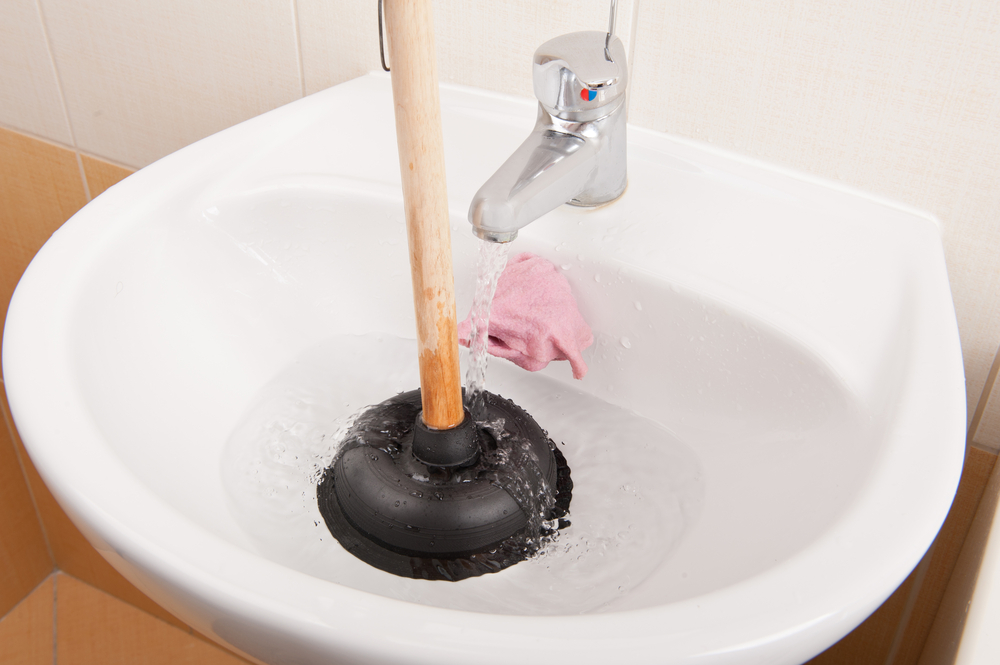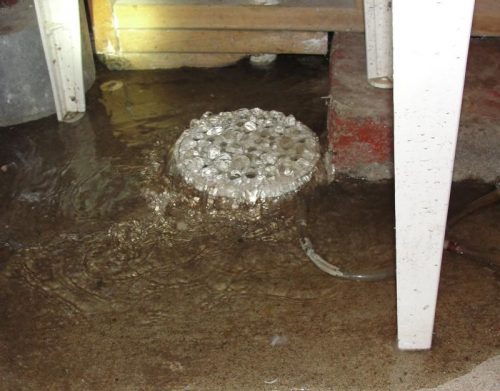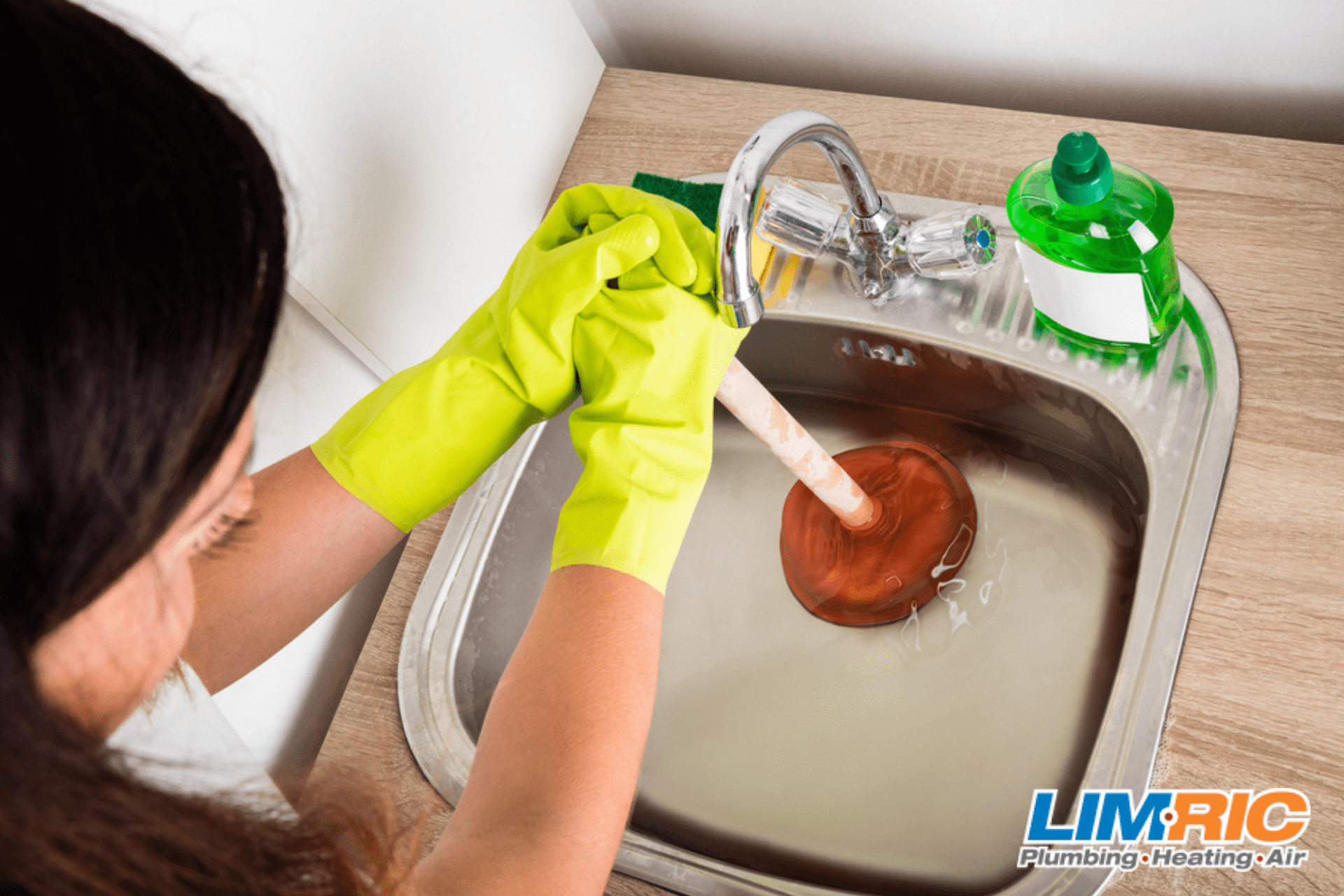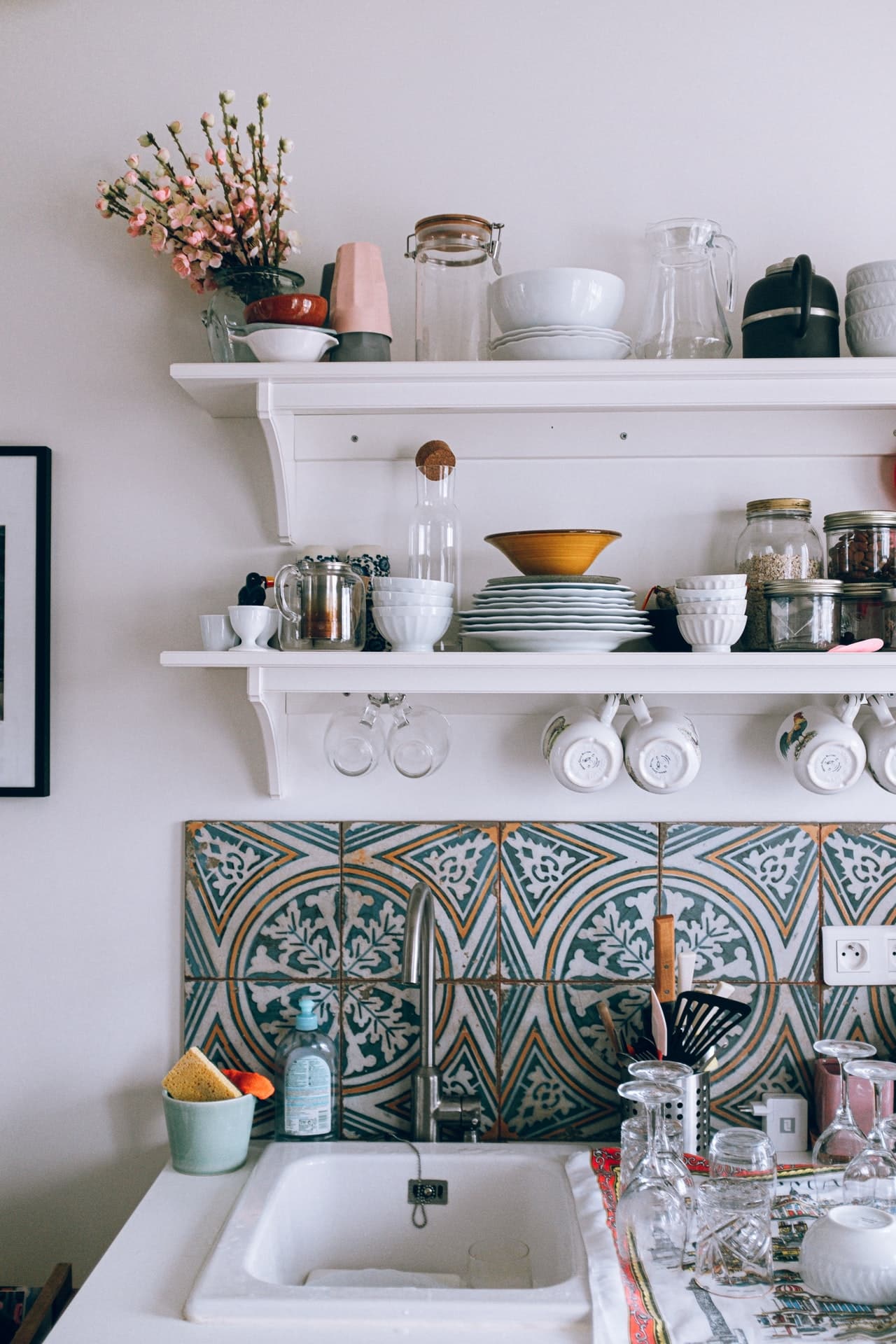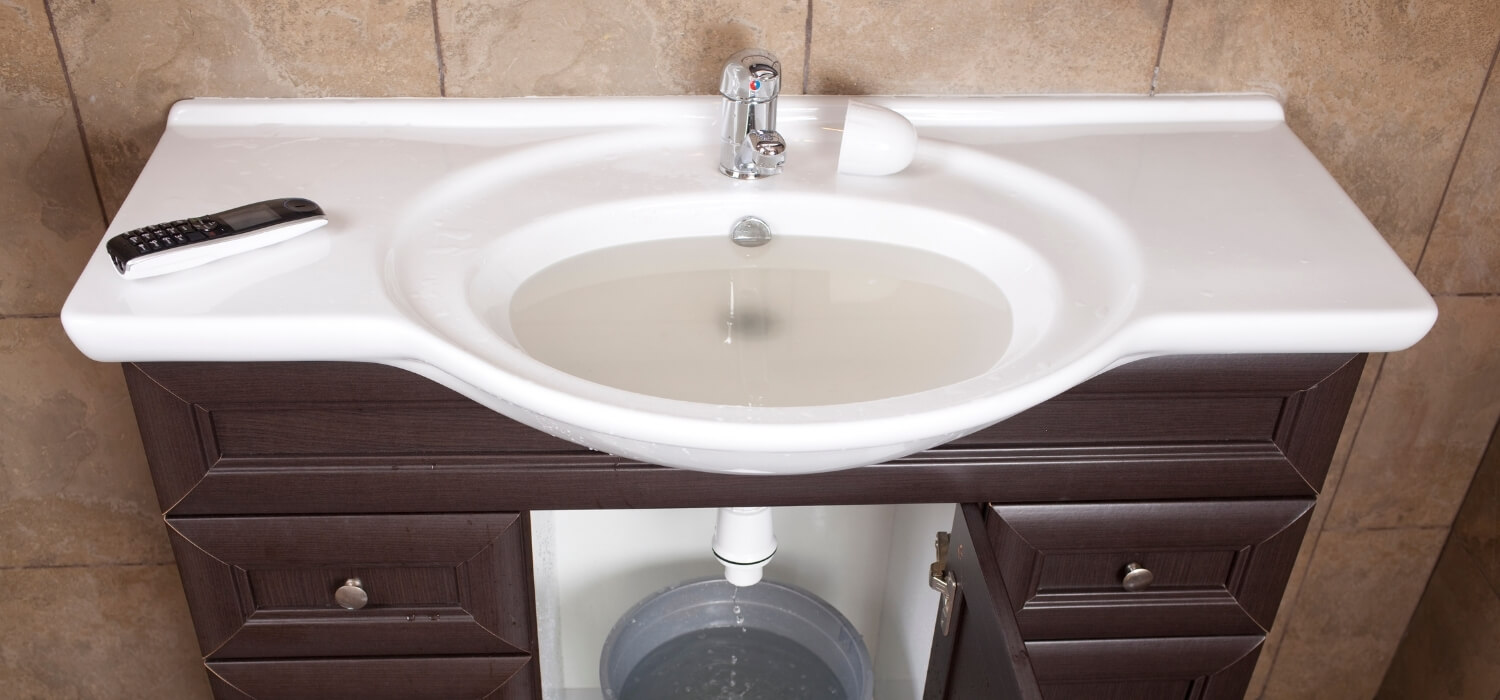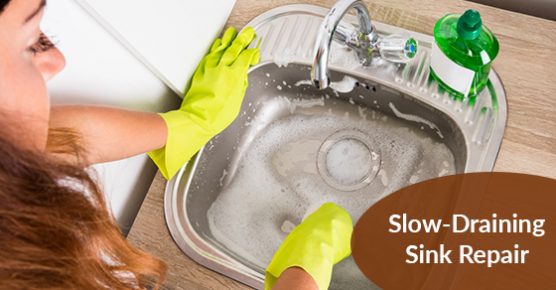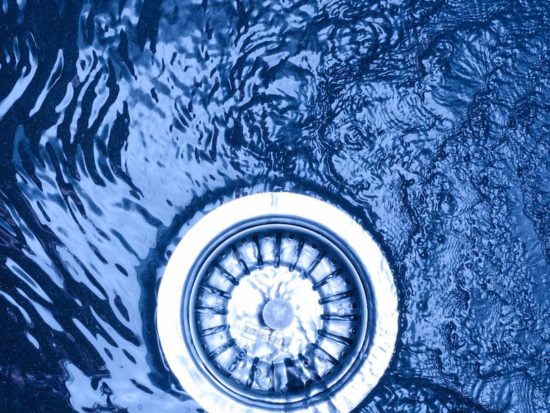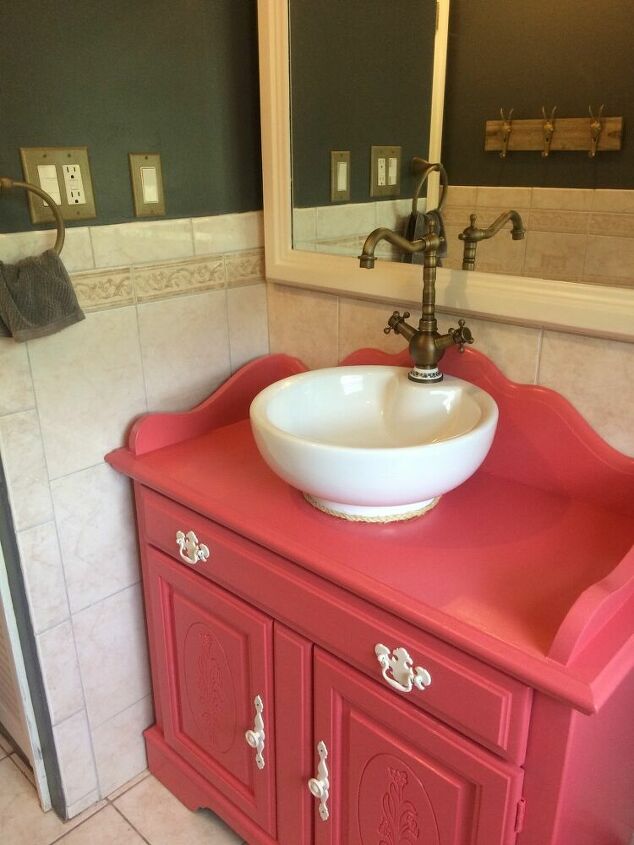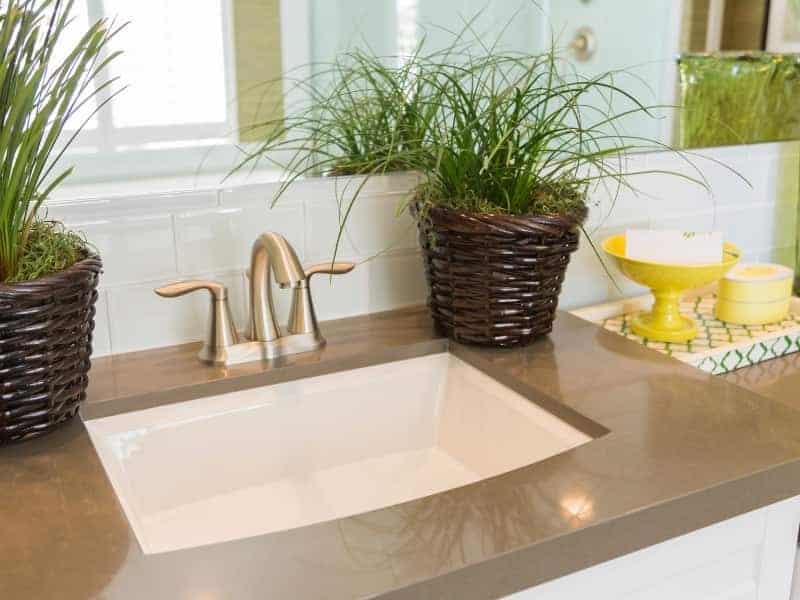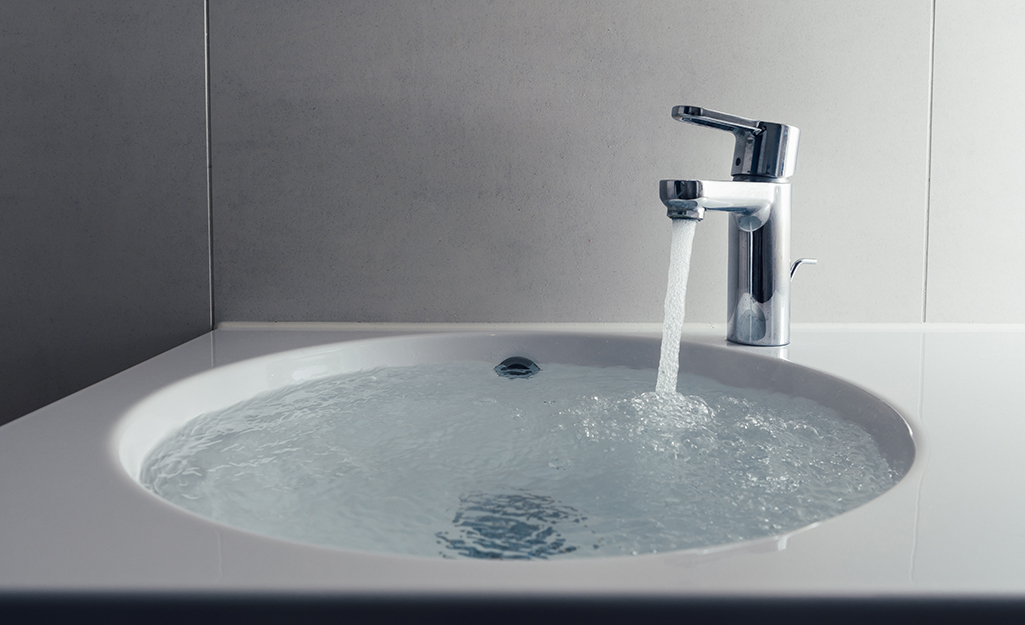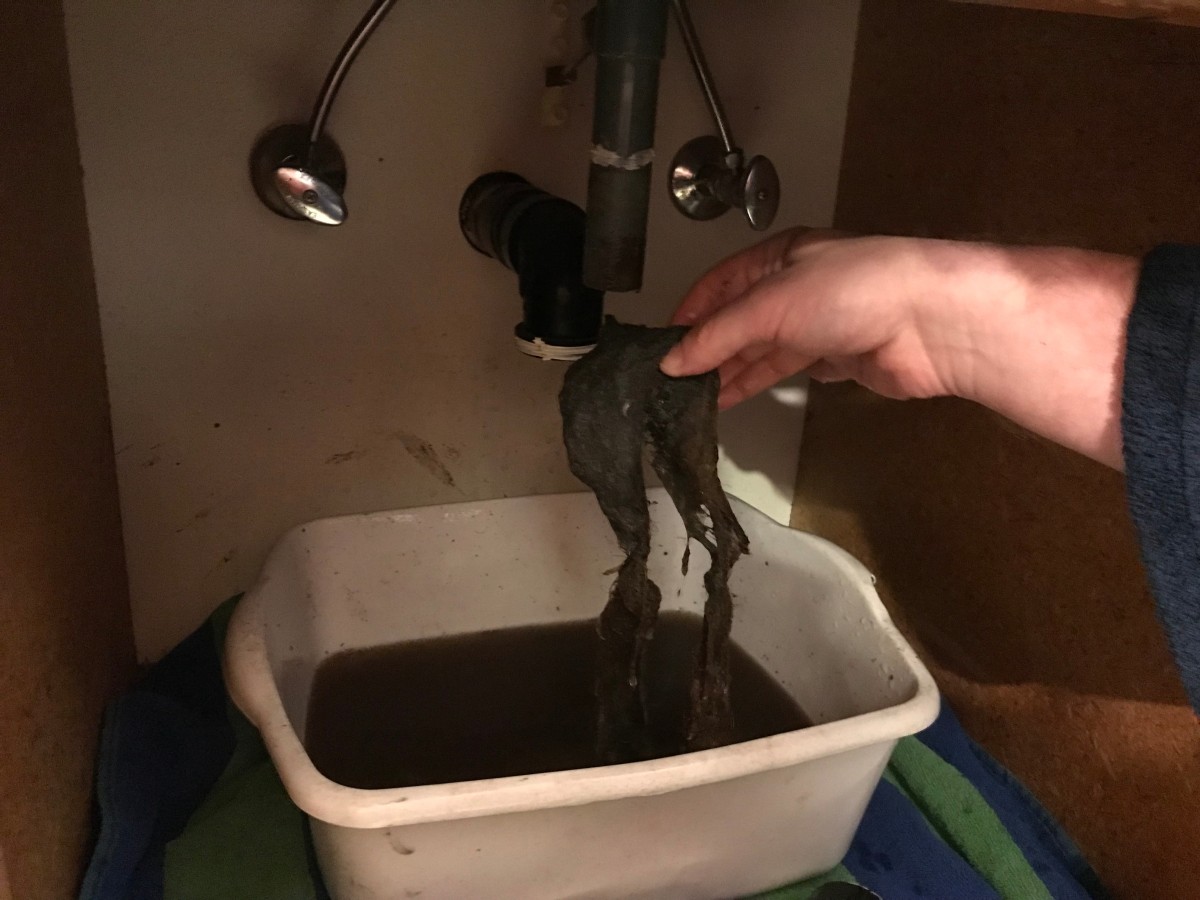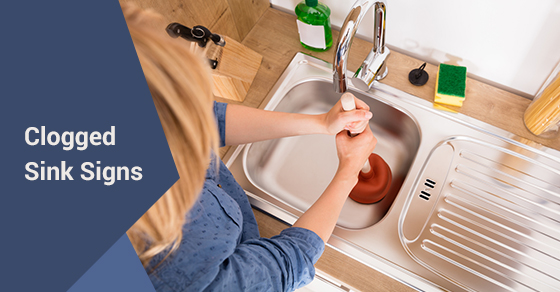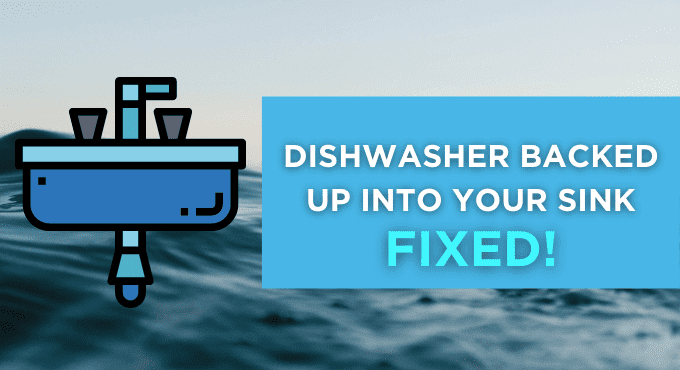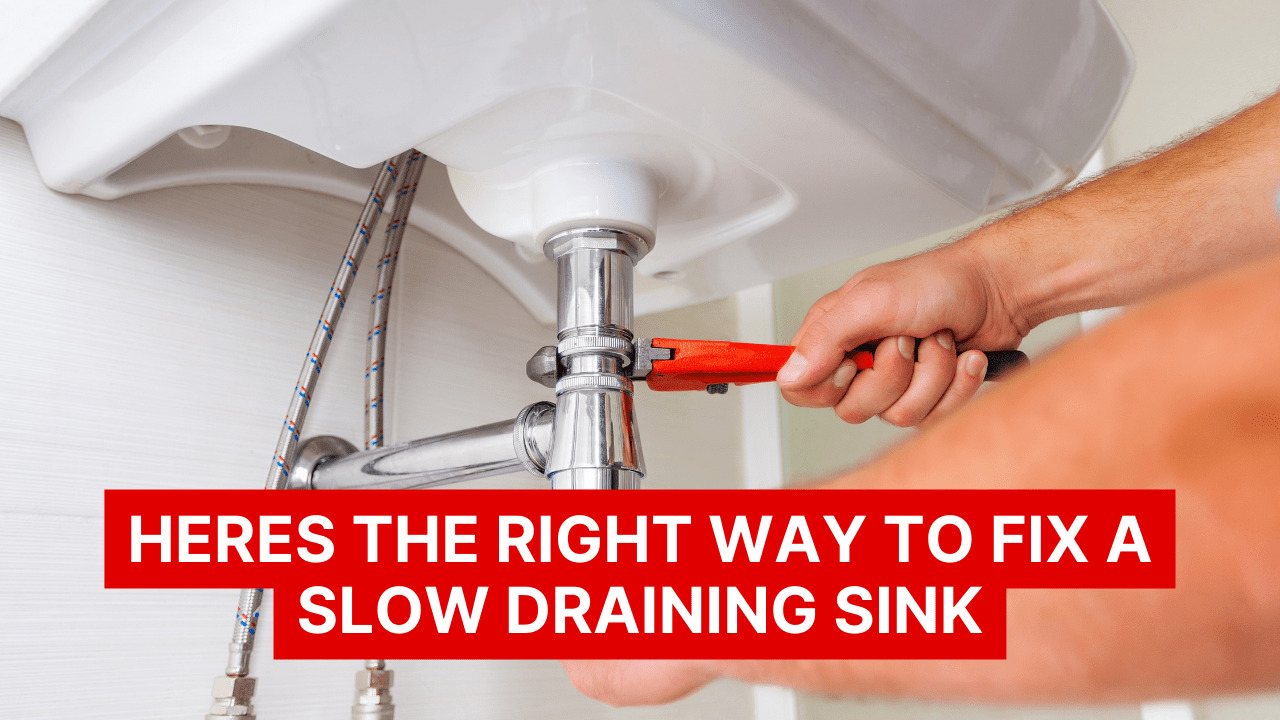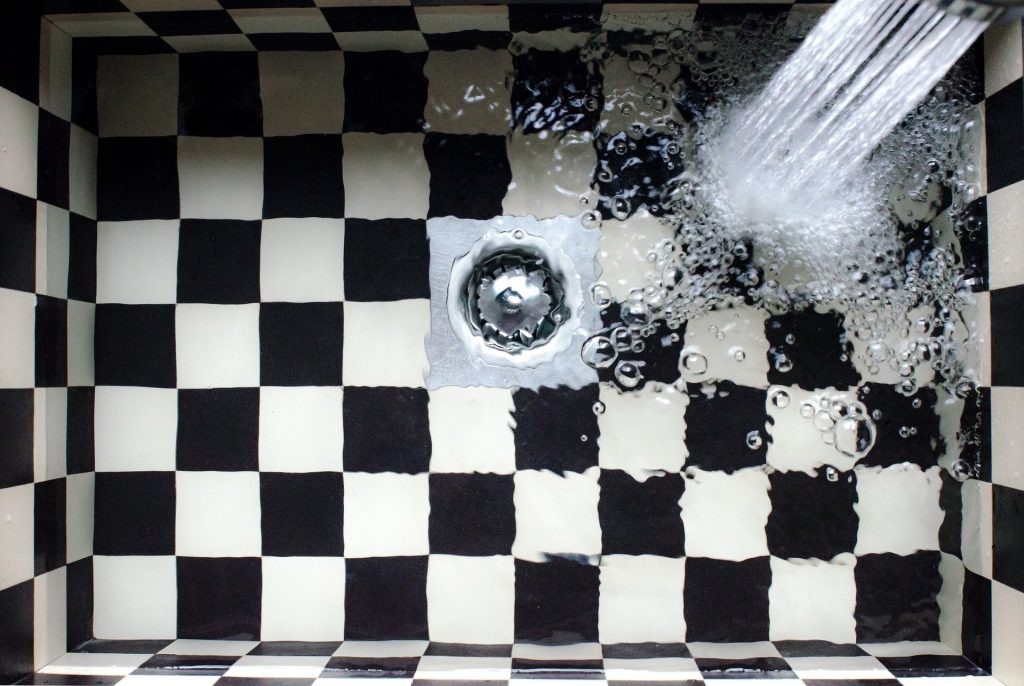Dealing with a slow-draining or backed up bathroom sink can be a frustrating and inconvenient problem. Not only does it make it difficult to use the sink, but it can also lead to unpleasant odors and potential water damage. If you're experiencing these issues, it's important to understand the potential causes and how to effectively solve them. In this article, we'll discuss the top 10 causes and solutions for a slow-draining or backed up bathroom sink. Clogged Bathroom Sink: Causes and Solutions
A slow-draining bathroom sink is a common problem that can be caused by a variety of factors. One of the first things to check is the sink stopper. It's possible that hair, soap scum, and other debris have built up around the stopper, causing it to close improperly and impede water flow. To fix this, you can remove the stopper and clean it thoroughly before replacing it. If this doesn't solve the issue, there may be a clog further down in the drain that requires more extensive cleaning. How to Fix a Slow-Draining Bathroom Sink
A backed up sink can be caused by a number of different factors. Some of the most common include hair, soap scum, and other debris getting caught in the drain. Another common culprit is a clogged vent pipe. This pipe helps to release air and prevent suction in the drain, but if it becomes clogged, it can hinder water flow. Other potential causes include a damaged or misaligned drain pipe, a faulty sink stopper, or a problem with the plumbing system. 5 Common Causes of a Backed Up Sink
If you're dealing with a slow-draining sink, there are a few DIY solutions you can try before calling a plumber. One method is to use a plunger to create suction and dislodge any debris that may be causing the blockage. You can also try using a mixture of baking soda and vinegar to break up any clogs. Simply pour the mixture down the drain, let it sit for a few minutes, then flush with hot water. If these methods don't work, it may be time to call in a professional. DIY Solutions for a Slow-Draining Sink
If your bathroom sink is draining slowly, there are several steps you can take to troubleshoot the issue. First, check the sink stopper and clean it if necessary. Next, try using a plunger or a mixture of baking soda and vinegar to break up any clogs. If these methods don't work, you may need to remove the P-trap under the sink and manually remove any debris that may be causing the blockage. If the problem persists, it's best to call a plumber for further assistance. Troubleshooting a Slow-Draining Bathroom Sink
If your bathroom sink is completely clogged and not draining at all, there are a few steps you can take to try and clear the blockage. First, try using a plunger to create suction and dislodge any debris. If this doesn't work, you can try using a plumbing snake or auger to push through the clog and clear the blockage. If these methods don't work, it's best to call a professional plumber to avoid causing further damage to your plumbing system. How to Unclog a Bathroom Sink
The best way to deal with a slow-draining sink is to prevent it from happening in the first place. Regularly cleaning the sink stopper and using a hair catcher can help prevent debris from building up and causing a clog. It's also important to avoid pouring grease and other substances down the drain, as these can harden and cause blockages. If you notice your sink is draining slowly, address the issue promptly to prevent it from becoming a bigger problem. Preventing a Slow-Draining Sink
There are several signs that indicate your bathroom sink may be clogged. The most obvious is slow drainage, but you may also notice water backing up in the sink or foul odors coming from the drain. In some cases, you may also hear gurgling sounds when the sink is draining. If you notice any of these signs, it's important to address the issue as soon as possible to prevent further damage and inconvenience. Signs of a Clogged Bathroom Sink
If your bathroom sink is completely backed up and not draining at all, it's best to call a professional plumber for assistance. They will have the necessary tools and expertise to effectively clear the blockage without causing damage to your plumbing system. Attempting to clear a backed up sink on your own can lead to further damage and potentially costly repairs. How to Clear a Backed Up Sink
As we've discussed, there are several potential causes of a slow-draining or backed up sink. Some of the most common include debris buildup, clogged vent pipes, damaged drain pipes, and faulty sink stoppers. By regularly cleaning your sink stopper, using a hair catcher, and avoiding pouring harmful substances down the drain, you can prevent these issues from occurring. If you do experience a slow-draining or backed up sink, try the DIY solutions mentioned above, but don't hesitate to call a professional if the problem persists. Common Causes of a Slow-Draining Sink and How to Fix Them
Bathroom Sink Draining Slow? Here's How to Fix It

Dealing with a slow draining bathroom sink can be frustrating, not to mention unsanitary. No one wants to be left standing in a pool of dirty water while trying to brush their teeth or wash their face. The problem can range from a minor inconvenience to a major plumbing issue, so it's important to address it as soon as possible. In this article, we'll discuss the common causes of a slow draining bathroom sink and how to fix it.
The Common Culprits

The first step to fixing a slow draining bathroom sink is to identify the cause. In most cases, the culprit is a clogged drain. This can be caused by a buildup of hair, soap scum, and other debris. Another common cause is a blocked or faulty vent pipe. The vent pipe allows air to flow through the drain and helps to prevent clogs. When this pipe is blocked or damaged, it can lead to slow draining sinks. Lastly, old and corroded pipes can also contribute to slow draining sinks.
How to Fix It

Now that you know the main causes, it's time to fix the problem. The first and easiest solution is to use a plunger. This can help to dislodge any clogs and get the water flowing again. If that doesn't work, try using a drain snake or a homemade mixture of baking soda and vinegar. These can help to break up any stubborn clogs. If the issue is a blocked vent pipe, it's best to call a professional plumber to properly assess and fix the problem. Lastly, if the problem is due to old and corroded pipes, it's important to replace them to prevent future issues.
Prevention is Key

To prevent a slow draining bathroom sink in the future, it's important to practice good maintenance habits. This includes regularly cleaning the drain with a mixture of baking soda and vinegar, using a hair catcher to prevent hair from going down the drain, and avoiding pouring grease and other liquids down the sink. It's also a good idea to schedule regular plumbing inspections to catch any potential issues before they become major problems.
In conclusion, a slow draining bathroom sink can be a nuisance, but it's a problem that can be easily fixed. By identifying the cause and taking the necessary steps to fix it, you can have your sink draining properly in no time. Remember, prevention is key, so make sure to practice good maintenance habits to keep your sink running smoothly.
Ready to Fix Your Slow Draining Sink?

If you're still struggling with a slow draining bathroom sink, it may be time to call in the professionals. Our team of experienced plumbers is equipped with the knowledge and tools to quickly and efficiently fix any plumbing issue. Don't let a slow draining sink disrupt your daily routine, contact us today to schedule an appointment.





